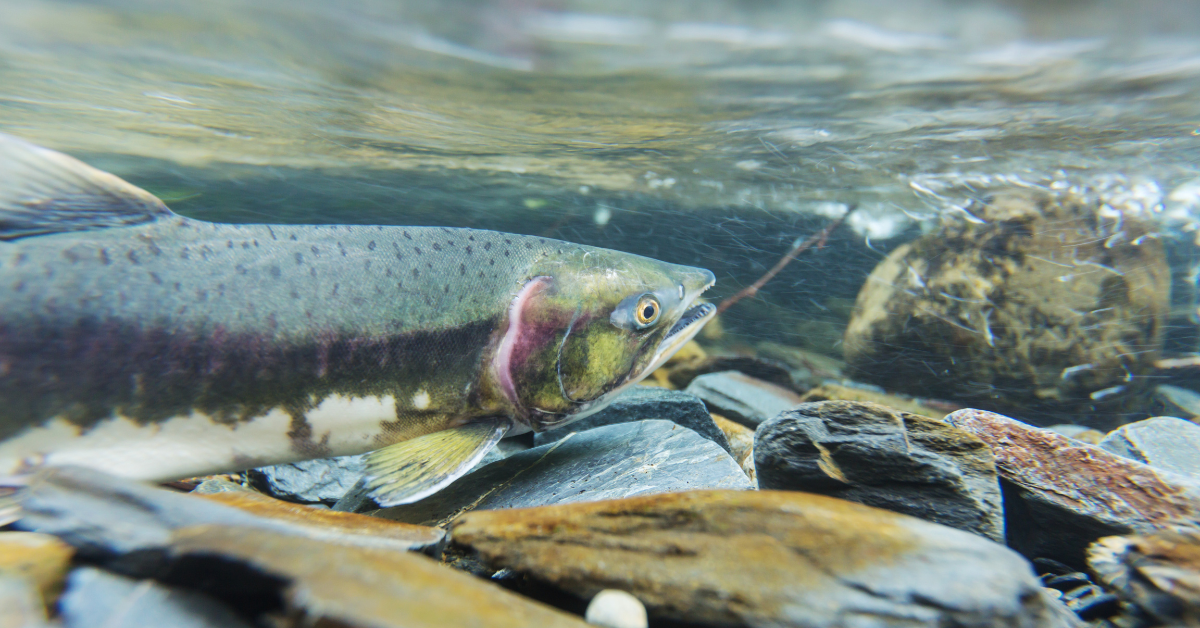In the heart of the Pacific Northwest, a dedicated nonprofit organization is working tirelessly to preserve the fragile balance of aquatic ecosystems and protect the irreplaceable treasures that inhabit them. The Wild Fish Conservancy (WFC) has been a beacon of hope for wild fish populations and their habitats since its inception in 1989. With a mission rooted in scientific research, habitat restoration, advocacy, and education, the WFC plays a crucial role in ensuring the survival of native fish species and the health of our planet’s waterways.
Conservation Efforts
One of the cornerstones of the Wild Fish Conservancy’s work is habitat restoration. Recognizing that healthy ecosystems are the foundation for thriving fish populations, the organization takes on ambitious projects to restore degraded habitats. By revitalizing spawning grounds, improving water quality, and removing barriers to fish migration, WFC is actively helping these species rebound and adapt to changing environmental conditions.
Scientific Research and Knowledge
The WFC’s commitment to scientific research has yielded valuable insights into the behavior, biology, and ecological needs of wild fish species. This knowledge not only informs their conservation strategies but also contributes to a deeper understanding of aquatic ecosystems as a whole. From studying the migratory patterns of salmon to assessing the impact of climate change on fish habitats, the WFC’s research efforts are essential for making informed decisions that safeguard these vital aquatic resources.
Advocacy and Policy
The voice of the Wild Fish Conservancy resonates in the halls of policy-making institutions, advocating for regulations that protect fish populations and their habitats. Through collaboration with governmental agencies, other conservation organizations, and concerned citizens, the WFC drives change by urging for responsible fishing practices, enforcing environmental regulations, and advocating for the removal of man-made barriers that hinder fish migration.
Education and Outreach
Raising awareness is a critical aspect of the WFC’s mission. By engaging with the public through workshops, seminars, and educational materials, the organization sheds light on the intricate connections between healthy aquatic ecosystems, vibrant fish populations, and a sustainable future. Through their efforts, the WFC aims to foster a sense of responsibility and stewardship among individuals, encouraging them to take action to protect these natural wonders.
Supporting the Wild Fish Conservancy
Preserving wild fish populations and their habitats is not just the responsibility of a single organization—it’s a collective endeavor that requires the involvement of everyone who values our environment. Here are ways you can support the Wild Fish Conservancy:
- Donate: Your financial contributions directly fuel the organization’s projects and initiatives. Whether it’s a one-time donation or a recurring commitment, every contribution makes a difference.
- Volunteer: Get involved by volunteering your time and skills. Join habitat restoration projects, participate in educational events, and contribute your expertise to further the WFC’s mission.
- Spread Awareness: Share information about the WFC and their efforts on social media, among friends and family, and within your community. Raising awareness is the first step towards meaningful change.
- Advocate: Support policies and initiatives that prioritize the conservation of wild fish and their habitats. Engage with your local representatives and advocate for responsible environmental stewardship.
- Attend Events: Participate in WFC’s events, workshops, and seminars to deepen your understanding of aquatic ecosystems and the challenges they face.
By supporting the Wild Fish Conservancy, you’re investing in the future health of our planet’s waterways, ensuring that generations to come can experience the wonder of wild fish and the vibrant ecosystems they call home. Together, we can make a lasting impact and protect these precious natural resources for the benefit of all living beings.

